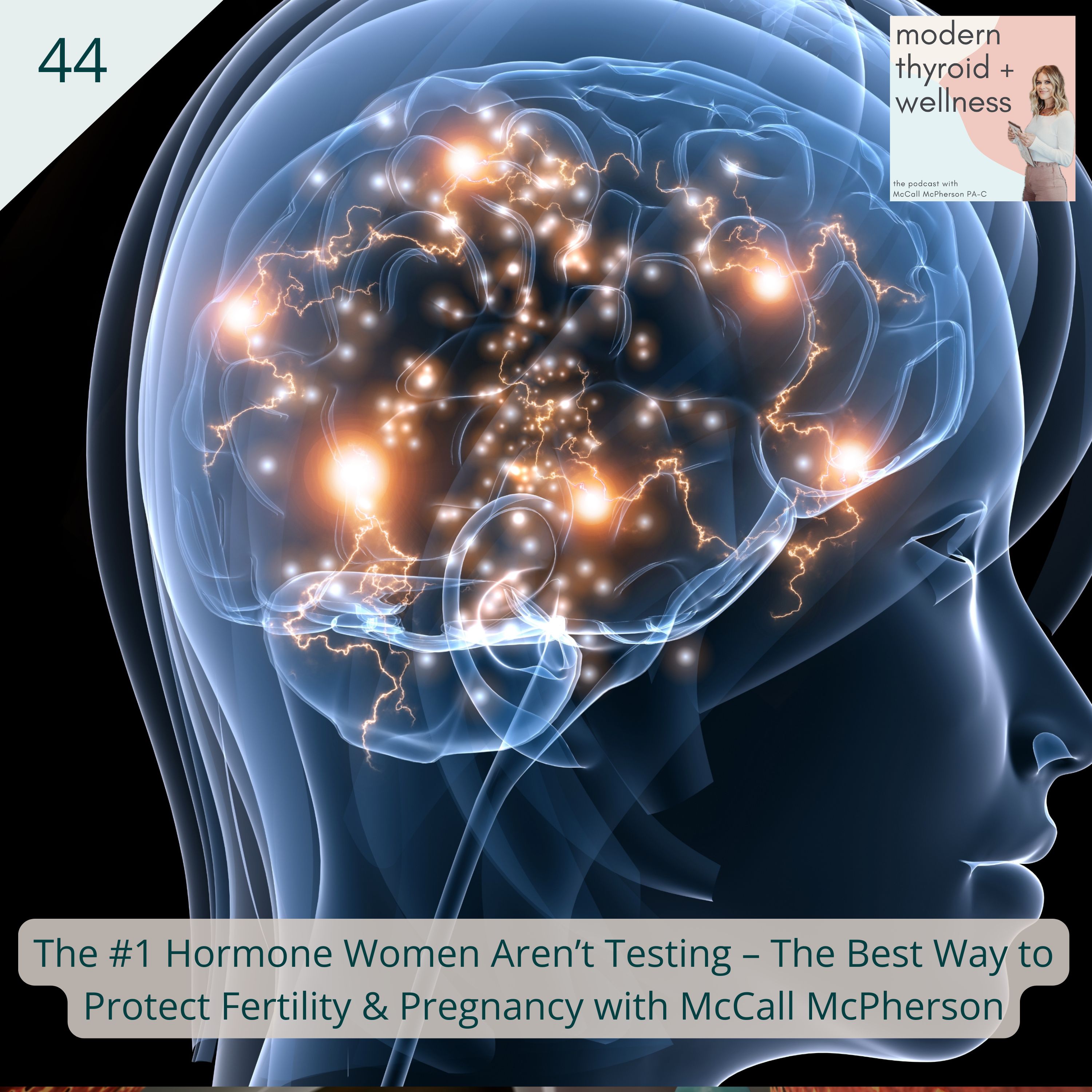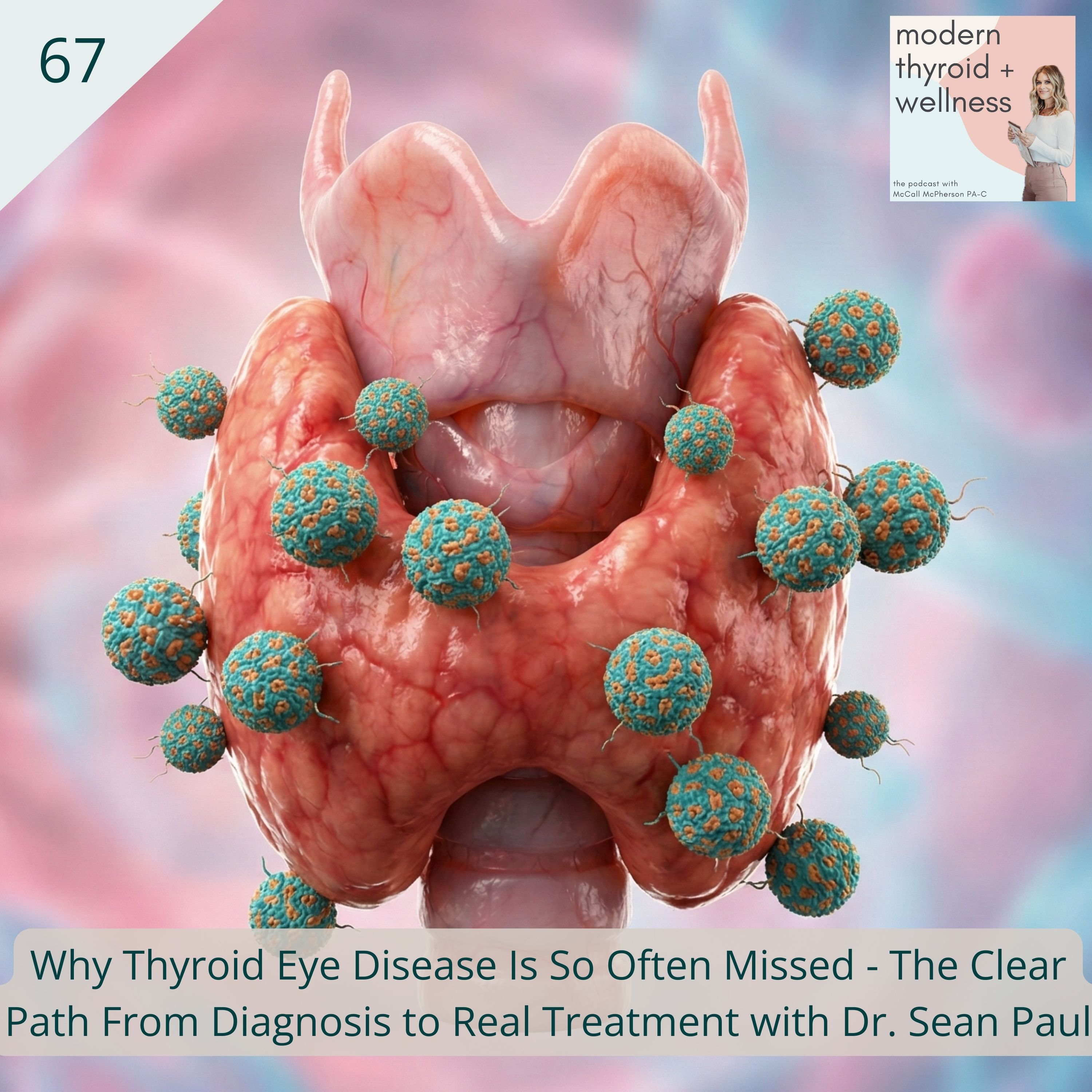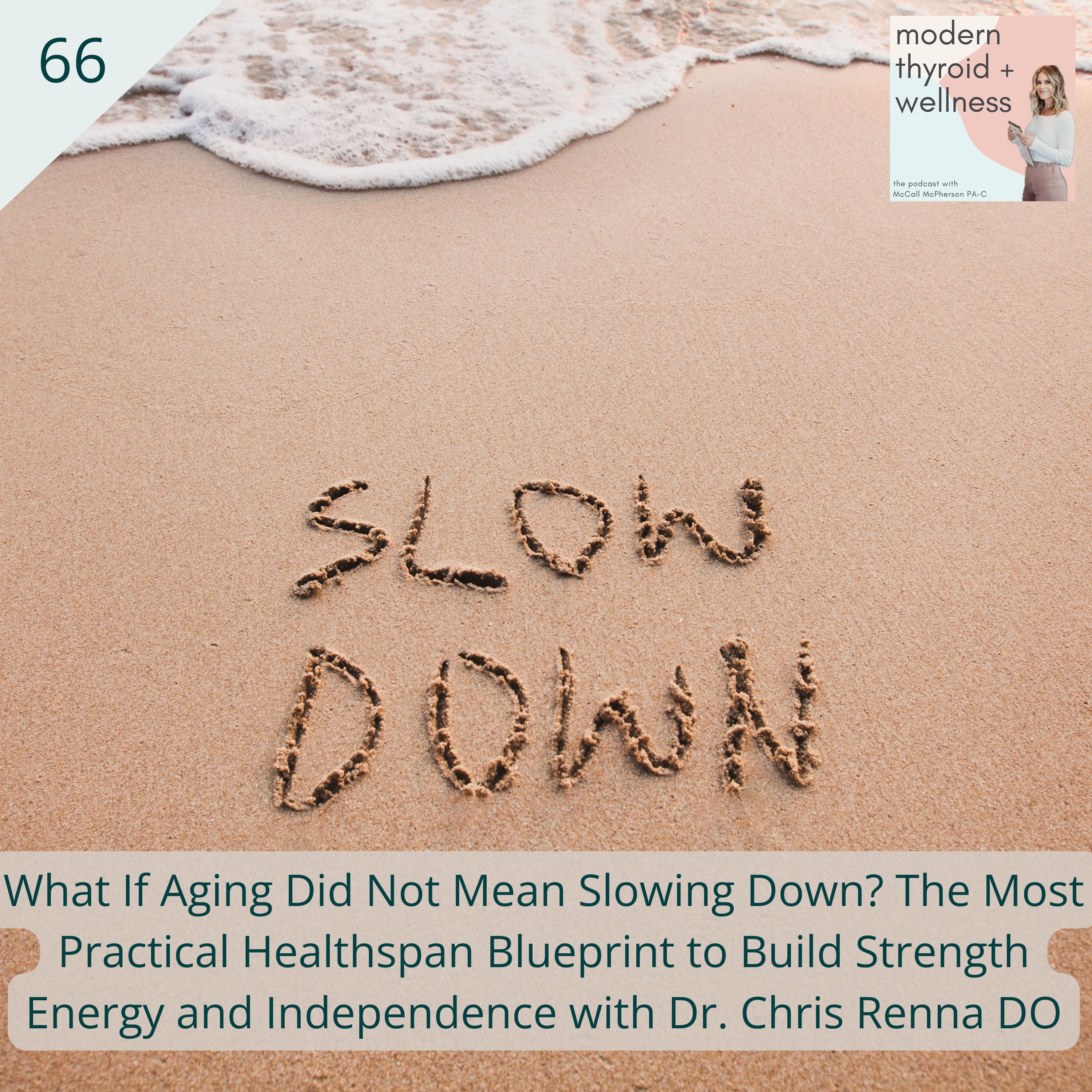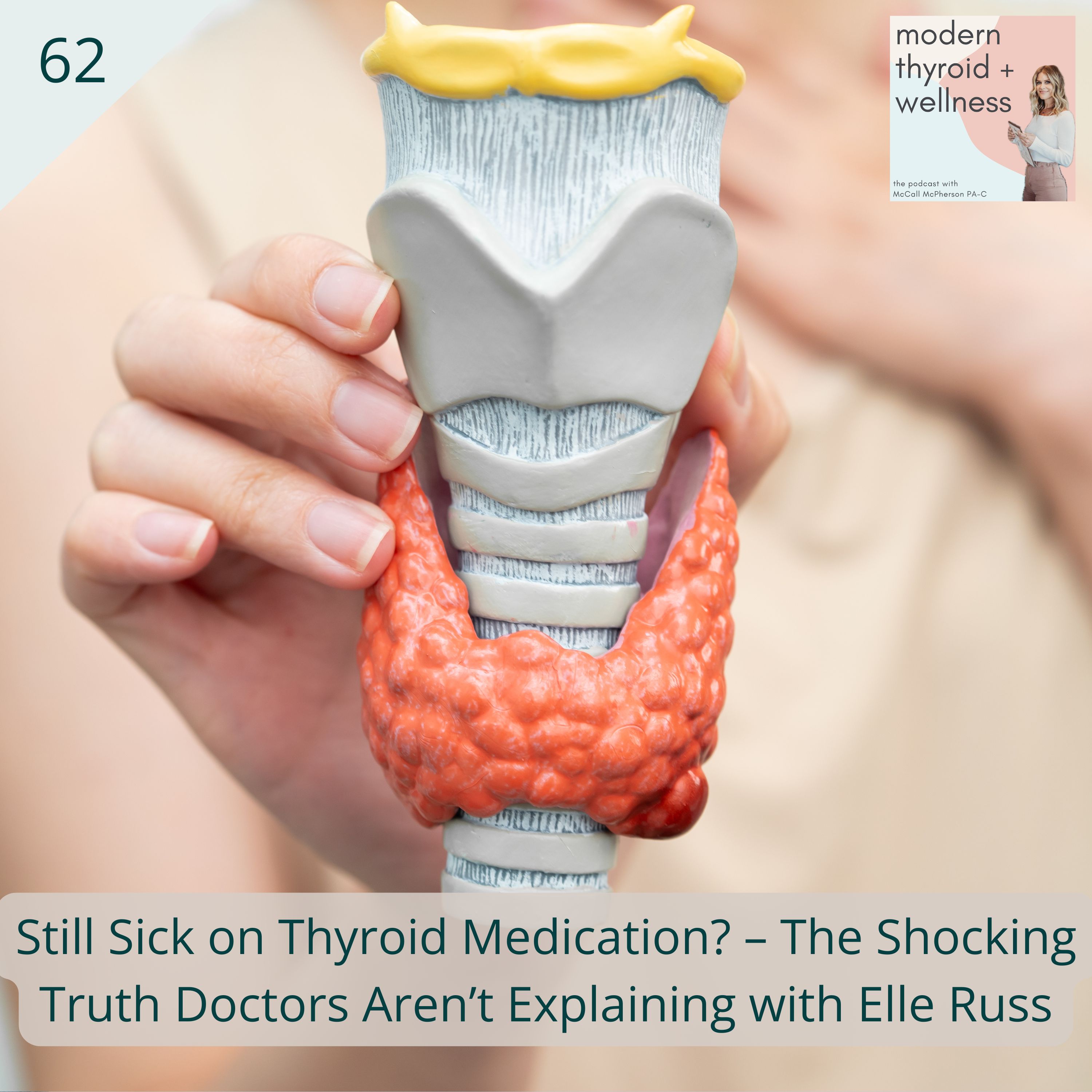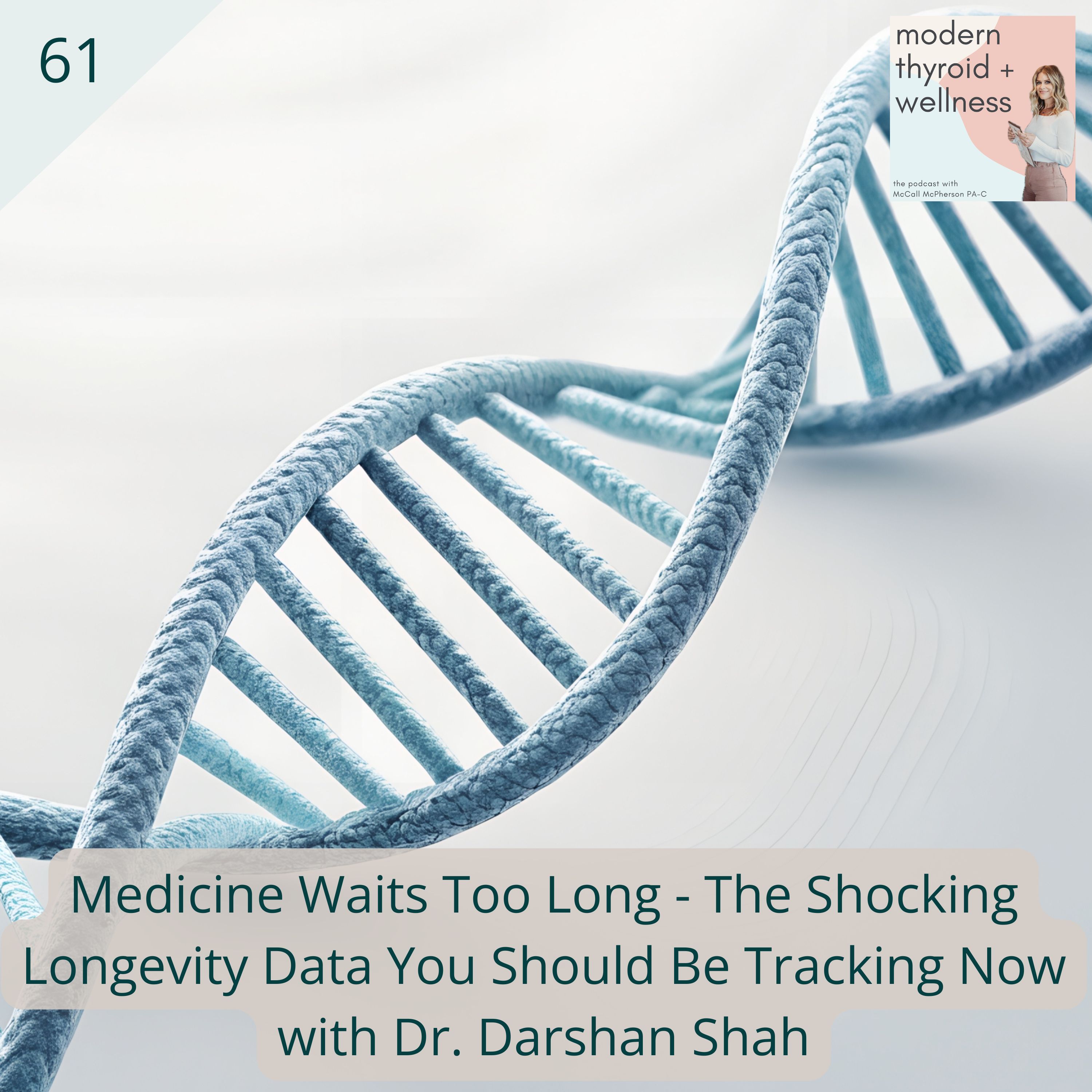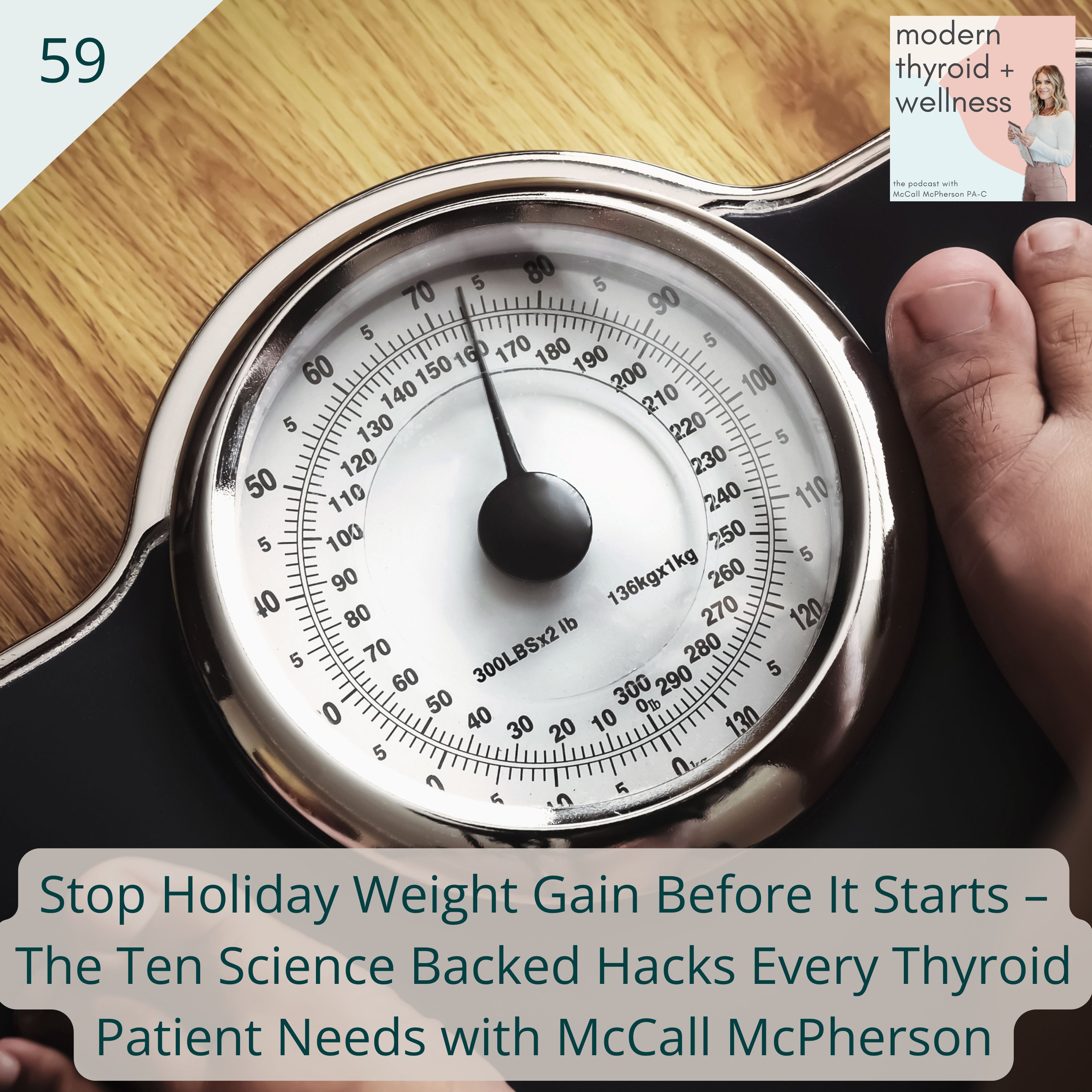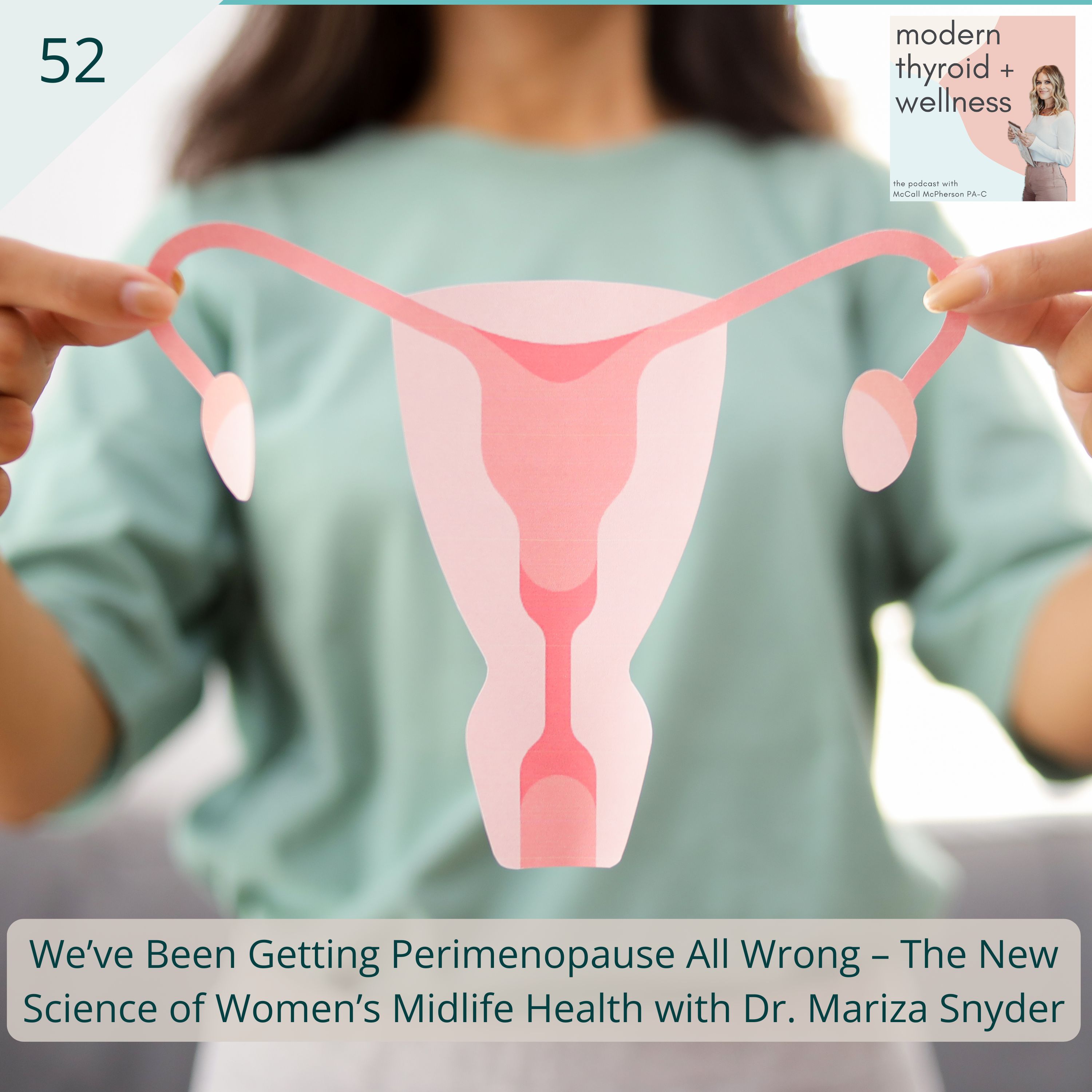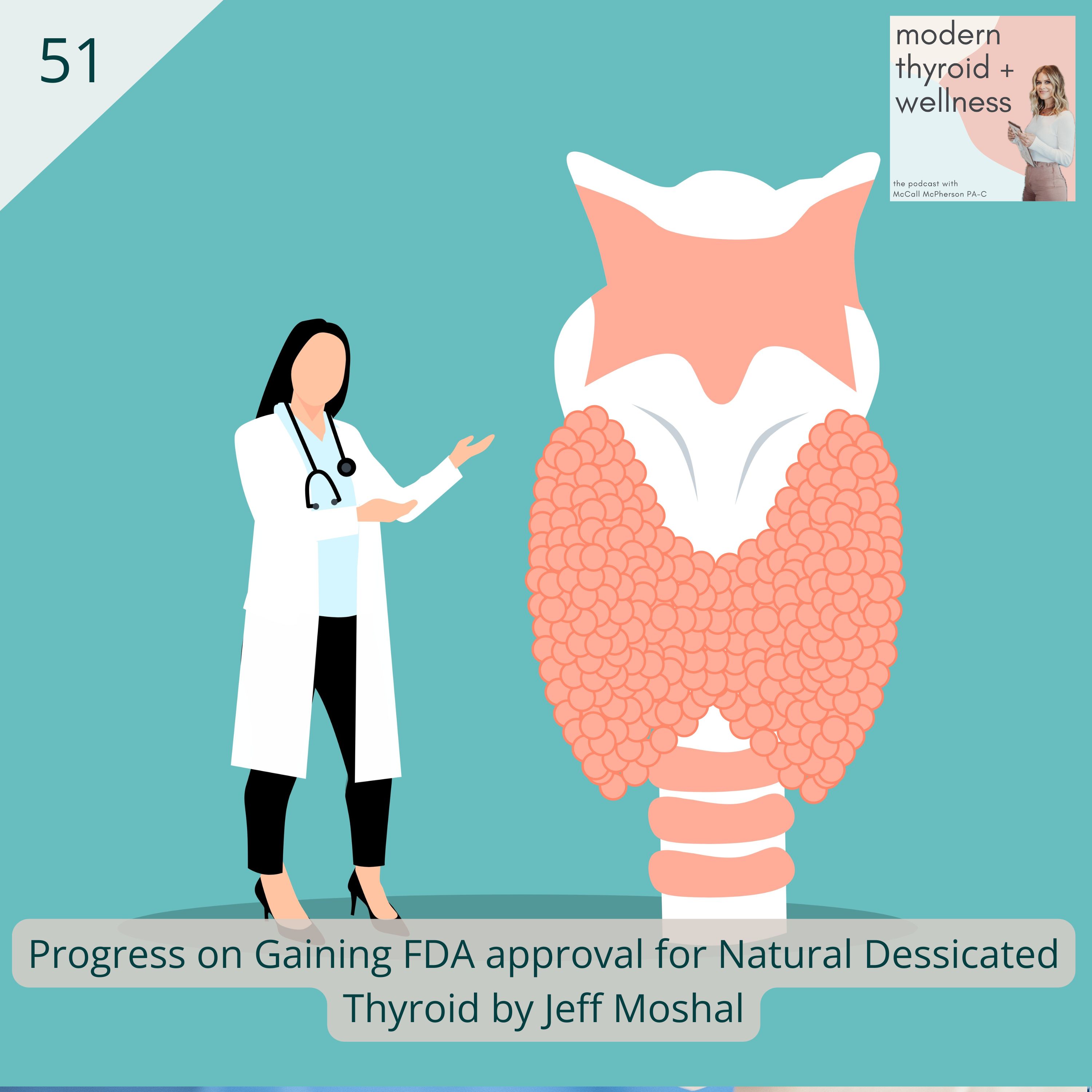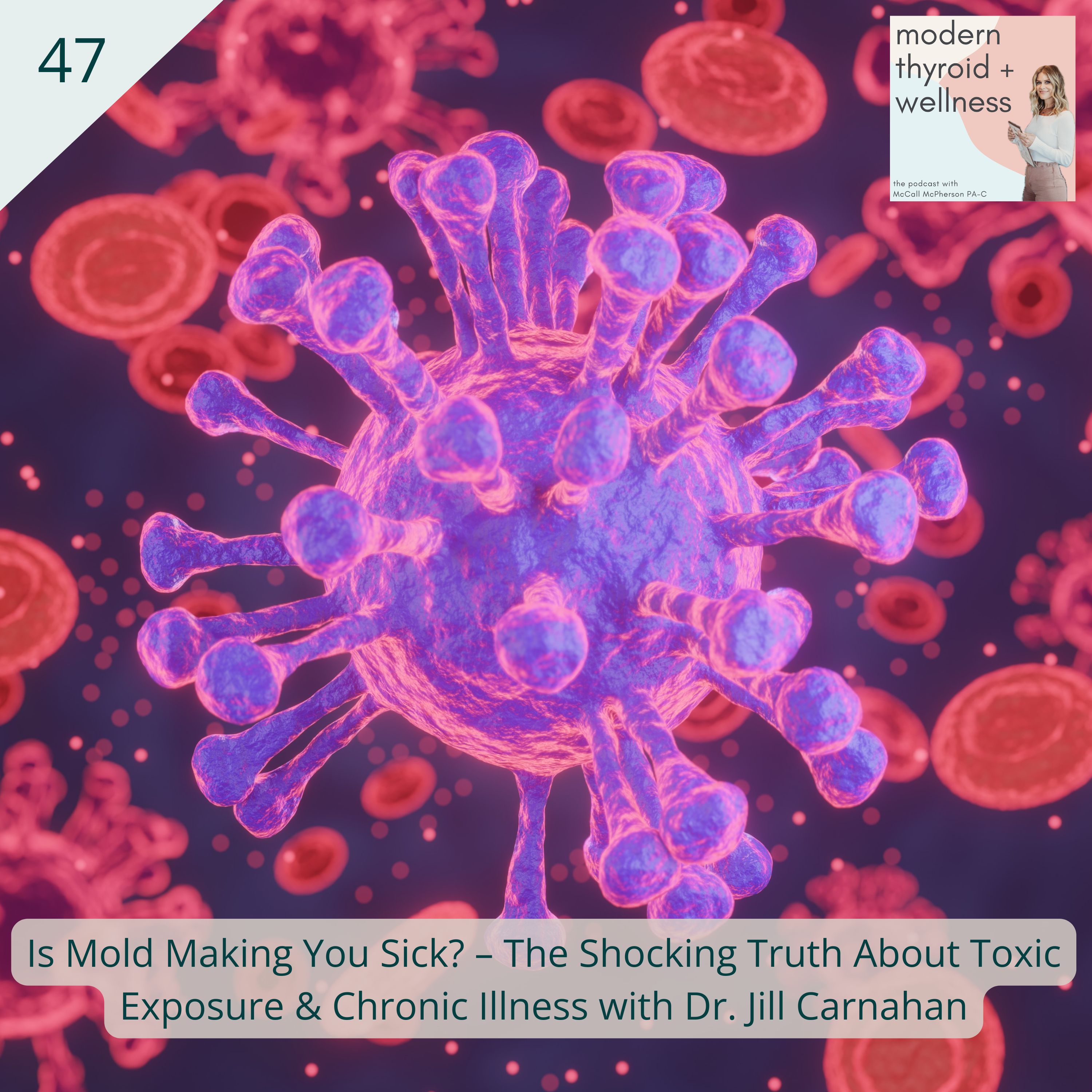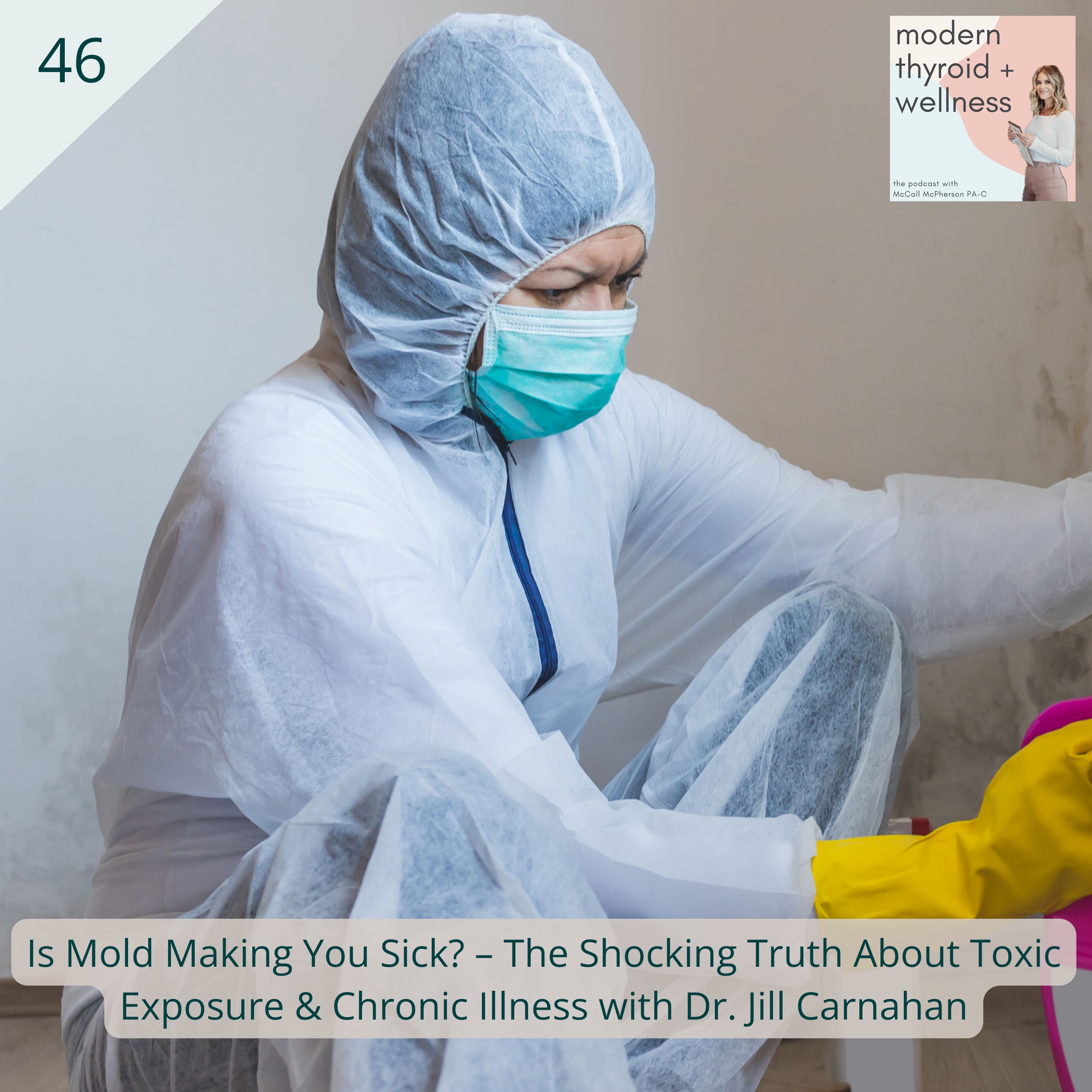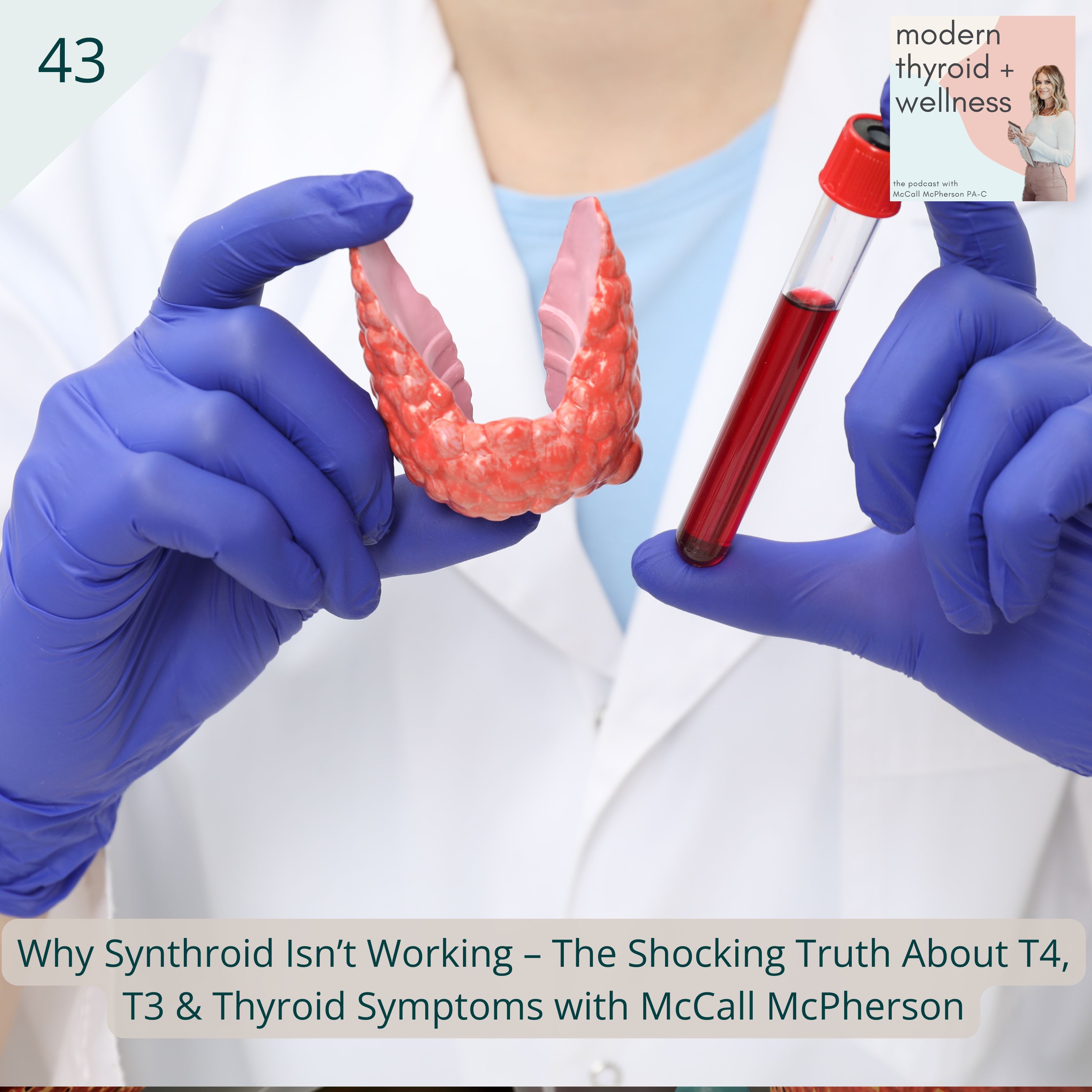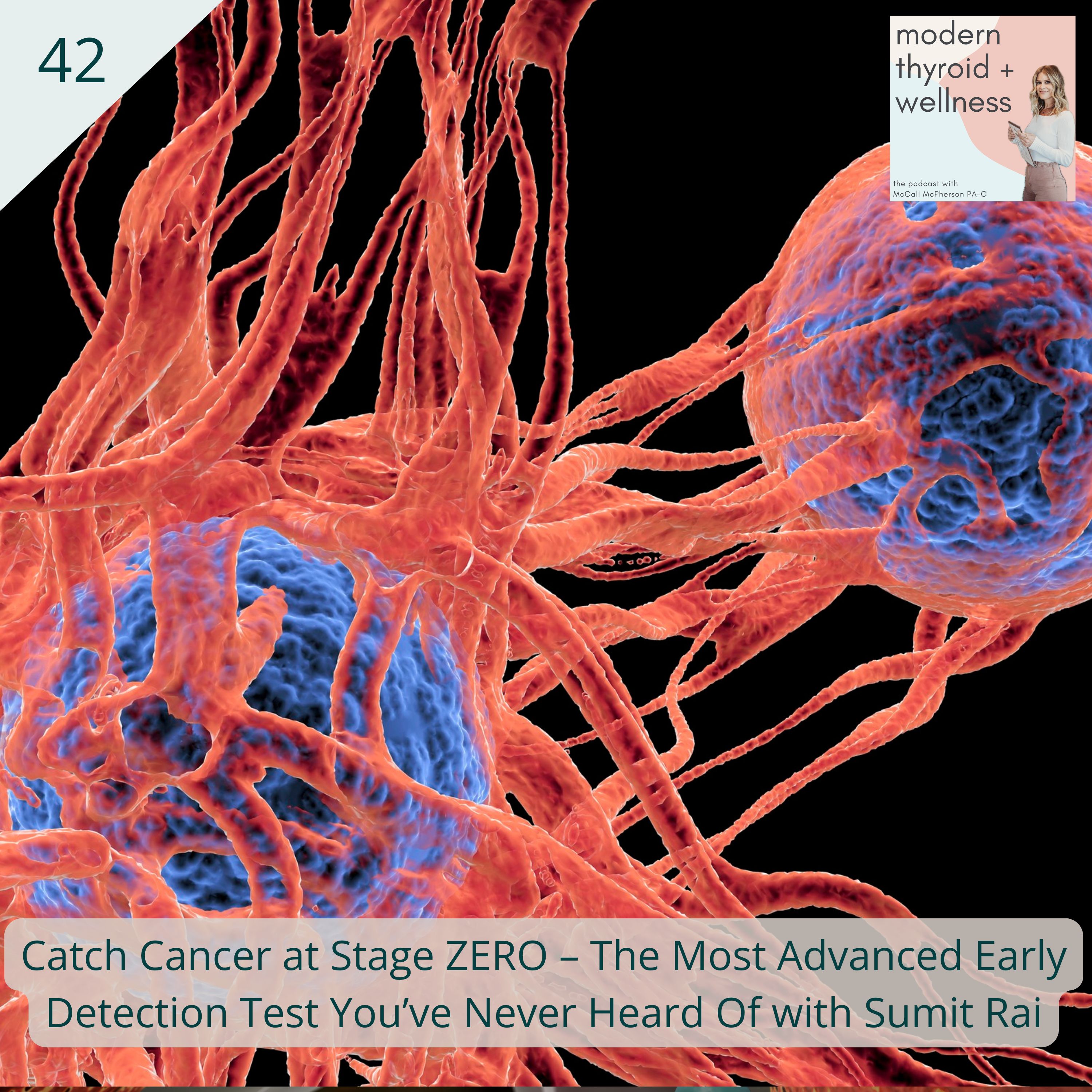The Critical Connection Between Thyroid Health and Fertility: What Every Woman Planning Pregnancy Should Know
When it comes to reproductive health, thyroid function is often the missing piece of the puzzle—even in medical settings. Subtle imbalances in thyroid hormones can profoundly affect fertility, pregnancy outcomes, and postpartum health. Yet many women are told their labs are "normal" while still experiencing symptoms or pregnancy loss.
In this guide, we dive deep into the latest clinical insights and real-world experience to help women (and couples) understand and optimize thyroid health before, during, and after pregnancy. Whether you're trying to conceive, undergoing IVF, or navigating the postpartum period, this information can be game-changing.
🔍 Table of Contents
- How Thyroid Dysfunction Impacts Fertility
- The Essential Roles of T3 and T4 in Reproduction
- The Progesterone-Thyroid Partnership
- Why TSH Alone Isn’t Enough—Especially in Pregnancy
- Autoimmune Thyroid Disease: Hashimoto’s and Reproductive Risks
- Postpartum Thyroid Health: What to Watch For
- Expert Recommendations for Thyroid Optimization
💡 How Thyroid Dysfunction Impacts Fertility
Even mild or subclinical thyroid dysfunction can disrupt critical aspects of reproductive health:
- Egg Quality: Elevated TSH—even within the normal range—has been linked to lower-quality eggs and embryos.
- Ovulation: Thyroid hormones regulate menstrual cycles; imbalances can cause anovulation or irregular periods.
- Implantation: A healthy thyroid supports endometrial receptivity.
- Miscarriage Risk: Women with TSH levels between 2.5–4.5 mIU/L have a 15% lower live birth rate than those with TSH closer to 1.0.
Quick Stats:
- 2–4% of reproductive-age women have subclinical hypothyroidism.
- In IVF, women with TSH between 2.6–4.5 are twice as likely to miscarry.
- Up to 40% of women with unexplained infertility have thyroid dysfunction.
✅ Action Steps:
- Aim for TSH <2.5, ideally around 1.0 when trying to conceive.
- Request a full thyroid panel (TSH, free T3, free T4) if you've had fertility issues or recurrent loss.
⚖️ T3 and T4: The Hormones That Really Matter
TSH is not a hormone that affects cells—it's a signal from the brain. The hormones that truly impact fertility are:
- Free T3 (triiodothyronine): Supports ovulation, egg maturation, and implantation.
- Free T4 (thyroxine): Crucial later in pregnancy for fetal brain and organ development.
Without adequate T3, ovulation and implantation can fail—even if T4 looks fine.
✅ Action Steps:
- Monitor free T3 and T4 regularly—not just TSH.
- Adjust thyroid medication throughout pregnancy as needed, ideally with a practitioner experienced in functional thyroid care.
🤝 Progesterone + Thyroid: A Critical Fertility Duo
Progesterone, often called the "pregnancy hormone," is essential for maintaining the uterine lining and supporting early development.
Thyroid dysfunction can suppress progesterone production, increasing the risk of early miscarriage.
Best Practices:
- Check progesterone levels early in pregnancy and supplement if needed.
- Use prescription progesterone (vaginal or oral) and monitor levels weekly.
Low progesterone is one of the most common and overlooked causes of pregnancy loss—and thyroid health plays a direct role.
🚫 Why TSH-Only Testing Falls Short (Especially During Pregnancy)
During pregnancy, hCG suppresses TSH, making it an unreliable indicator.
- TSH explains only 1% of the variation in T3/T4 levels.
- Relying on TSH alone often leads to under-treatment, risking miscarriage or developmental delays.
What You Should Be Testing:
- Free T3
- Free T4
- Reverse T3
- TPO and TG antibodies (thyroid autoimmunity markers)
✅ Action Steps:
- Test every 4–6 weeks during pregnancy.
- Advocate for a complete thyroid panel, especially if you’ve had symptoms, miscarriage, or thyroid history.
🧬 Hashimoto’s, Autoimmunity, and Fertility
Hashimoto’s thyroiditis is frequently missed in fertility care—even though it’s common in women with:
- PCOS
- Unexplained infertility
- Recurrent miscarriage
Key Facts:
- Hashimoto’s affects ~27% of women with PCOS or fertility challenges.
- Women with TPO antibodies are 3x more likely to miscarry.
Management Strategies:
- Focus on lowering antibodies through lifestyle (anti-inflammatory diet, stress management, gut health).
- Low-dose naltrexone can be a helpful tool in autoimmune thyroid cases.
- Monitor antibodies throughout pregnancy.
✅ Action Steps:
- Get tested for TPO and TG antibodies.
- Work with a practitioner skilled in autoimmune thyroid support and personalized treatment plans.
👶 Postpartum Thyroid Health: What You Need to Know
The postpartum period is a high-risk time for thyroid dysfunction—especially for women with preexisting thyroid issues or autoimmune disease.
Why It Matters:
- Postpartum thyroiditis can cause fatigue, mood swings, poor milk supply, weight gain, and hair loss.
- These symptoms are often misattributed to “normal” postpartum changes.
✅ Action Steps:
- Request a thyroid panel 6–12 weeks postpartum.
- Be proactive if you experience energy dips, mood changes, or weight shifts.
📋 Expert Recommendations for Thyroid Optimization (Before, During, & After Pregnancy)
Comprehensive Labs to Request:
- TSH (goal: <2.5, ideally ~1.0)
- Free T3 and Free T4 (upper half of reference range)
- Reverse T3
- TPO and TG antibodies
- Progesterone
Timing & Frequency:
- Preconception: Full workup
- During Pregnancy: Every 4–6 weeks
- Postpartum: At 6–12 weeks and as symptoms arise
Treatment Principles:
- Treat the person, not just the numbers
- Adjust thyroid hormone dosing throughout pregnancy
- Use progesterone support when clinically indicated
- Address autoimmunity holistically
🔚 Conclusion: Your Thyroid Deserves More Attention in Reproductive Health
Whether you're trying to conceive, preparing for pregnancy, or recovering postpartum, thyroid health is non-negotiable. Mild imbalances can mean the difference between heartbreak and hope.
Don’t settle for “normal.” Advocate for testing, ask deeper questions, and work with providers who understand the full picture.
Your body—and your future family—are worth it.
✨ Need help?
- Visit modernthyroidclinic.com for resources
- Schedule a personalized consultation
- Stay tuned for upcoming episodes on pregnancy, hormones, and healing
📩 Share this post with a friend, or tag us on Instagram @modernthyroidclinic if it helped you!
